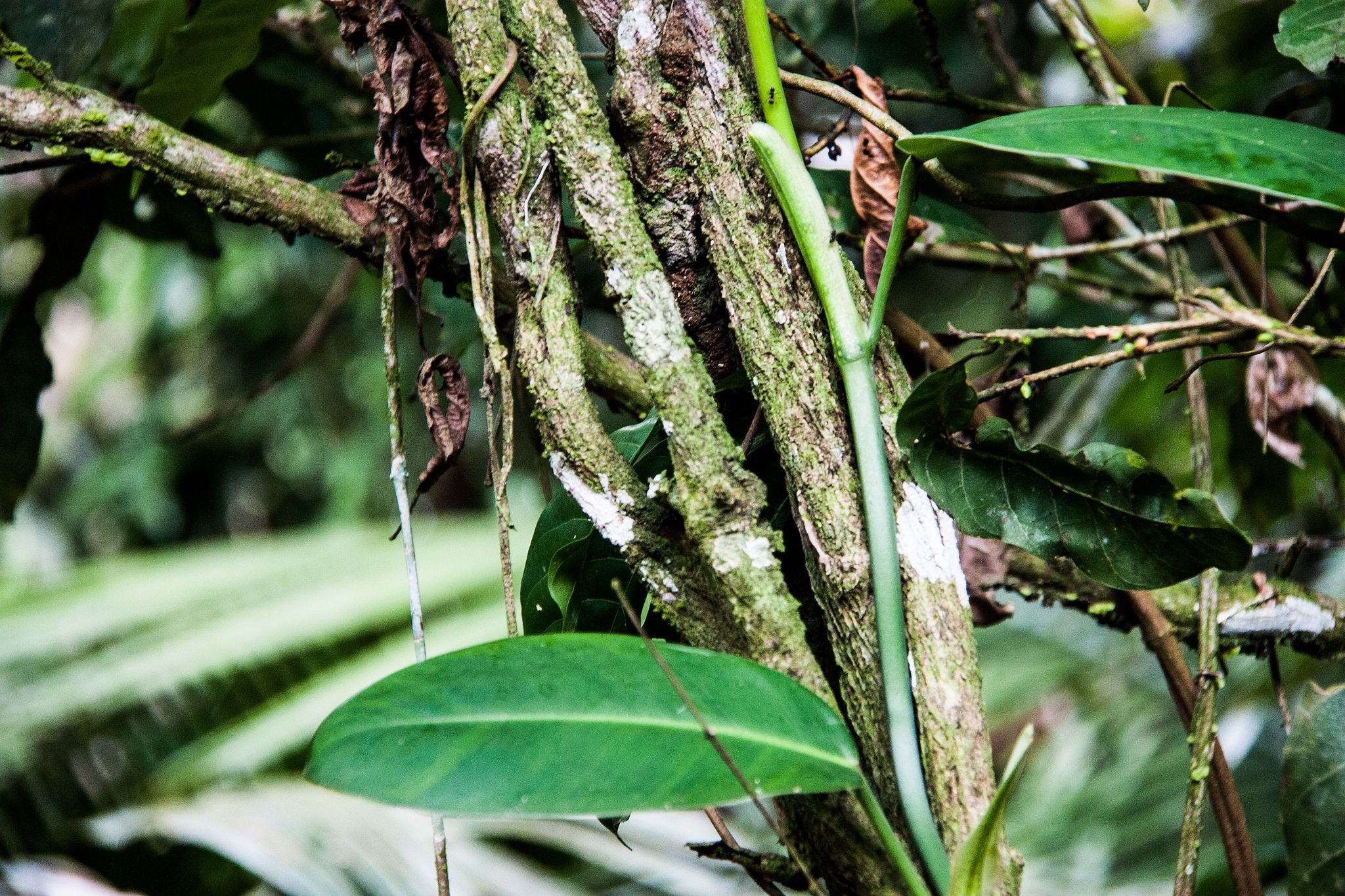
Ayahuasca, a psychedelic brew made from the Banisteriopsis caapi vine that grows in the Amazon, has long been used by local shamans for its supposed powers of spiritual awakening and healing. Now, a new study suggests it contains a chemical that may also cure diabetes.
In type 1 diabetes, people have have lost about 99 percent of their beta cells, which reside in the pancreas and produce insulin, which, in turn, allows the human body to maintain a healthy blood sugar level. Without beta cells, your blood sugar levels yo-yo up and down, up and down, wreaking havoc on the body. (In the much more common type 2 diabetes, people usually have a 50 to 60 percent loss of beta cells, which combines with a growing resistance to insulin to create a set of symptoms similar to those seen in type 1 diabetes.)
Scientists have long wondered: What if you could make these beta cells grow back?
Inspired by this possibility, researchers set out to find chemicals that might cause these cells to regenerate, screening 100,000 drugs. They found only one that worked: harmine. Intriguingly, this chemical is present in various plants, including the vine used in the Amazonian psychedelic medicine called ayahuasca.
In the study, published in the journal Nature Medicine, scientists found that harmine had strong ability to make these cells—also known as beta islets—grow back. To test this, researchers implanted islets into mice and gave them harmine. Mice given harmine saw the number of beta cells triple, and the previously diabetic mice had greatly improved blood sugar levels.
"Our results provide a large body of evidence demonstrating that [harmine] can make human beta cells proliferate at levels that may be relevant for diabetes treatment," said study author Dr. Andrew Stewart, at the Icahn School of Medicine, in a statement.
The study authors wrote that this chemical might not be best to give to people unaltered, since it also has psychoactive effects. But understanding the chemistry of how it causes beta cells to proliferate could guide efforts to find a related drug that might be able to do the trick, Stewart says.
Uncommon Knowledge
Newsweek is committed to challenging conventional wisdom and finding connections in the search for common ground.
Newsweek is committed to challenging conventional wisdom and finding connections in the search for common ground.
About the writer
Douglas Main is a journalist who lives in New York City and whose writing has appeared in the New York ... Read more





